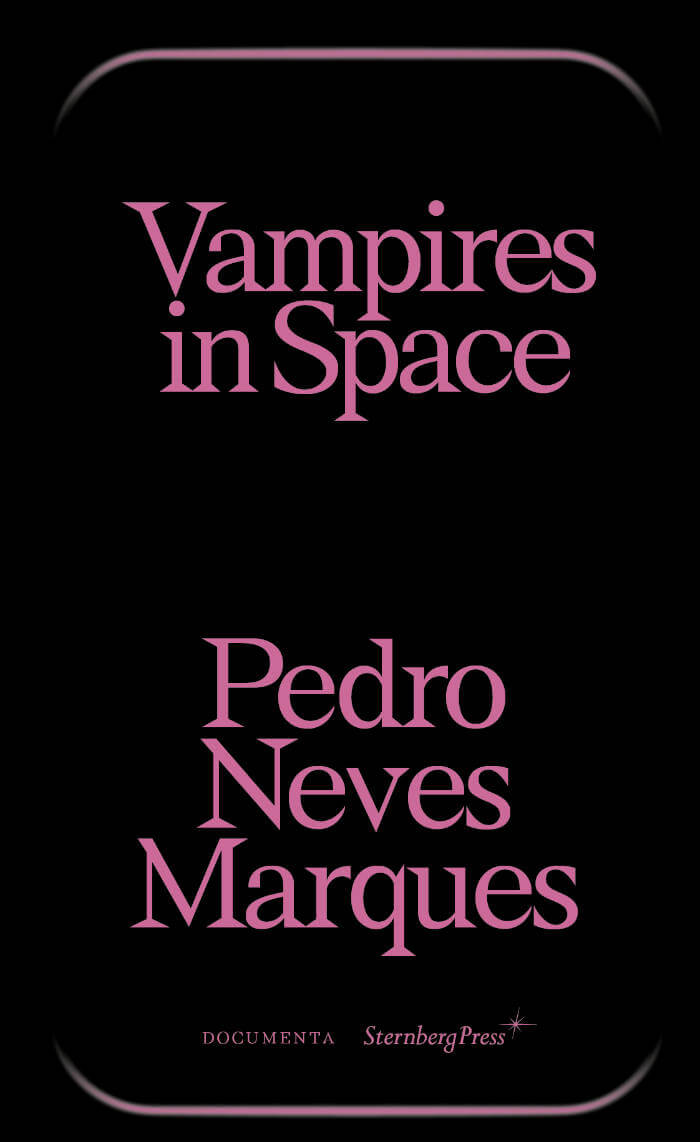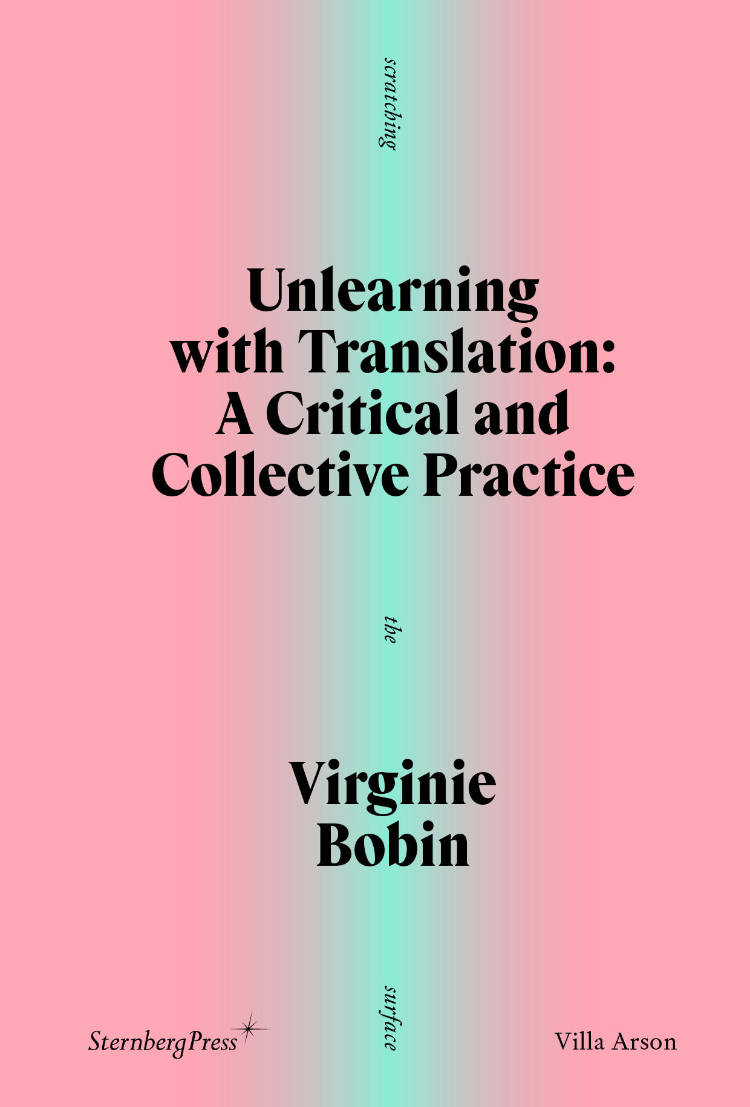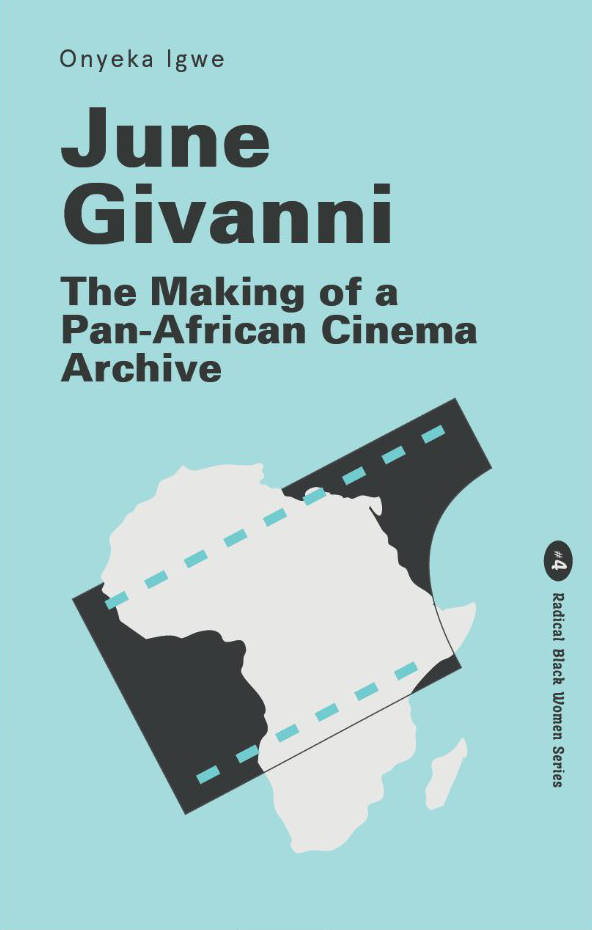
Vampires in Space
Exhibition catalogue of filmmaker, visual artist, and writer Pedro Neves Marques's solo project "Vampires in Space" at the Portuguese Pavilion, 59th International Art Exhibition – La Biennale di Venezia 2022.
"In space it's always night." A family of vampires travels through space, carrying life to a faraway planet. Alone, they recall their past, offering an open-ended narrative about the role of fiction in our lives, with a special care for transgender experiences.
This book includes an interview, film scripts and poetry by Neves Marques, curatorial texts by João Mourão, Luís Silva, alongside visual documentation and other contributions by Manuela Moscoso and Filipa Ramos.
The work of Pedro Neves Marques (born 1984 in Lisbon, Portugal) combines anthropological research, cinema, publishing, poetic and fictional writing. Their hybrid aesthetic, that blends science fiction and documentary realism is influenced by the history of feminist and queer sciences, and projects us into futures that question the control of our bodies, our desires and the world around us beyond the register of dystopia. In doing so, they explore how we might transform our imaginaries of gender, new technologies, ecology and postcolonial issues.







